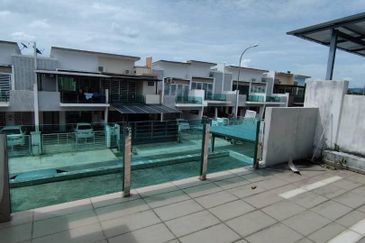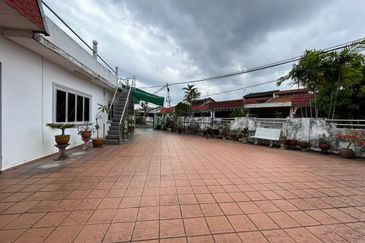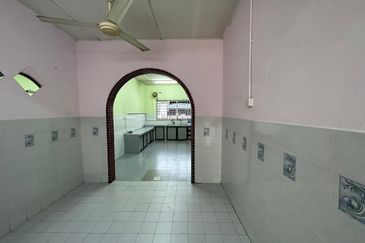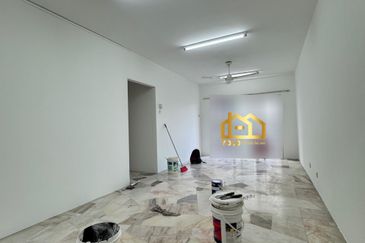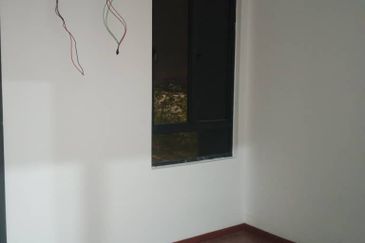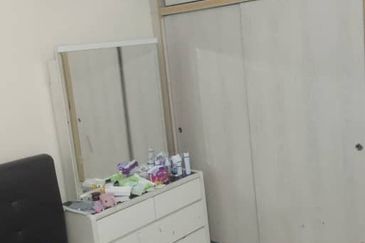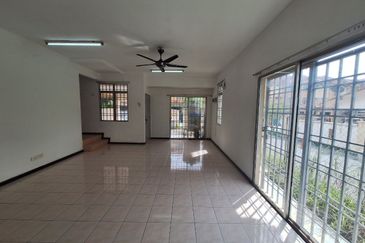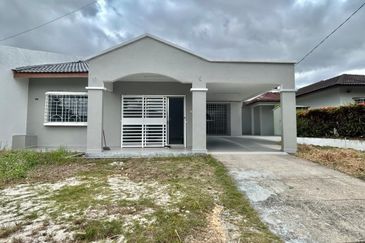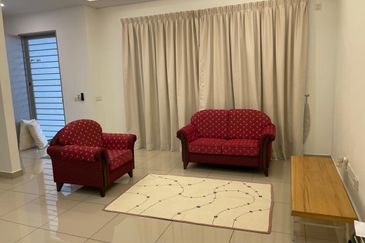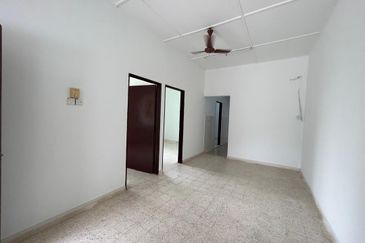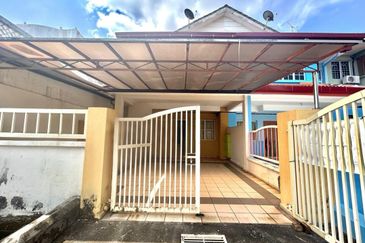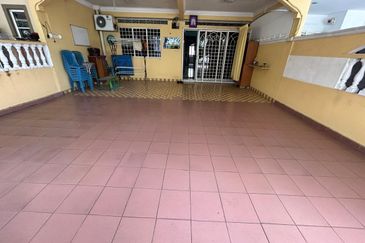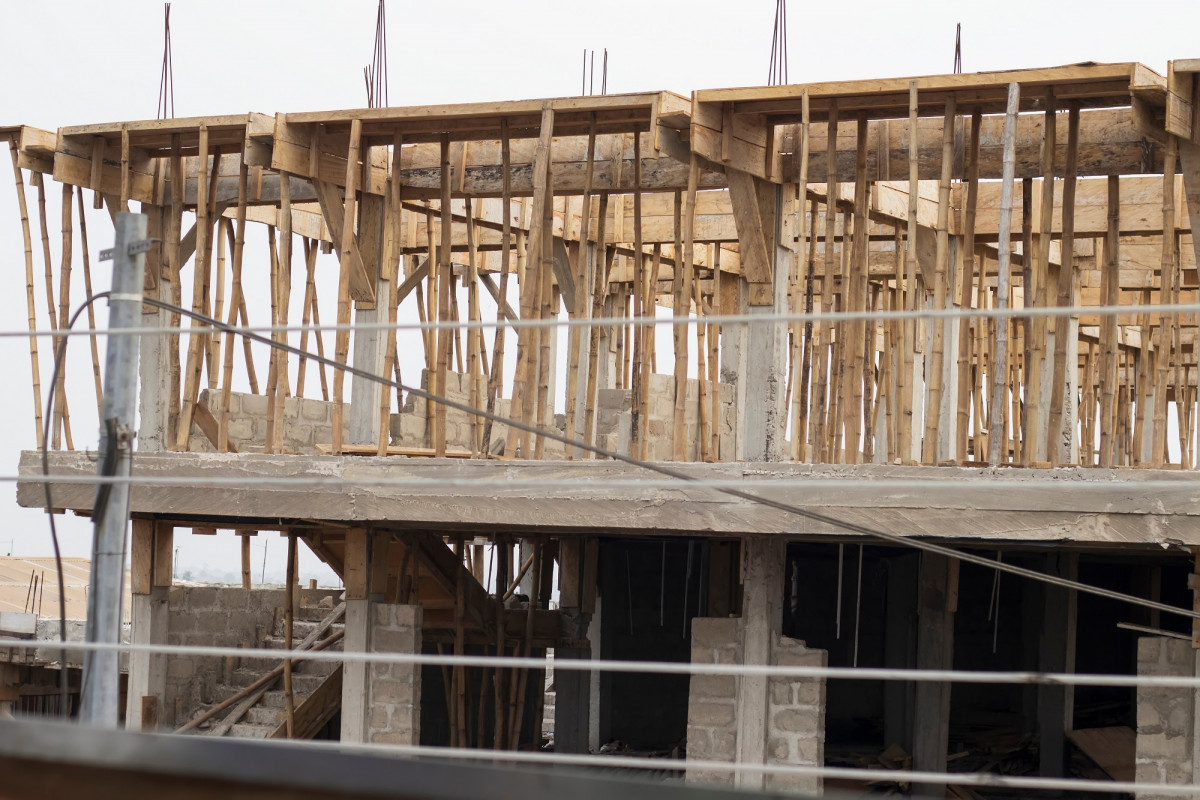
- Current solutions of EOT for developers and LAD for homebuyers are in place, but the issue of “sick” housing projects not only persists but continues to rise. So, what more must be done?
Amidst the towering skyline of Malaysia's urban centres, a different kind of landscape unfolds – one of unfinished projects and shattered hopes. These projects, referred to as "sick projects", occur for a multitude of reasons, but ultimately, are detrimental to all parties, inflicting immense distress – leaving people without homes and money, builders without payments, and overall a stagnating industry that is not pulling its weight in economic contributions.
And the concern is real, with a total of 734 projects of concern, comprising 141 delayed, 481 sick and 112 abandoned as at end-April.
And it is not just the buyers that suffer, but also the subcontractors and suppliers involved. These stakeholders may face unpaid bills, severe disruptions to their operations, and a significant loss of revenue.
For developers, the impact of sick projects goes beyond financial losses. While the troubled company is allowed to resuscitate by raising funds via a joint venture, for example, its reputation suffers as a result of its failed venture, casting doubts on its ability to successfully deliver future projects. The tarnished image makes it challenging to secure partnerships (to resuscitate the project) and gain the trust of potential buyers and investors. The long-term consequences can be detrimental to its business prospects and overall sustainability.
Furthermore, investor confidence dwindles, leading to a decline in funding for new projects and partnerships with developers, resulting in a slowdown in real estate investments and overall economic growth. A clear indication of this trend can be observed in the construction industry's decreasing contribution to Malaysia's gross domestic product (GDP), falling from 4.7% in 2019 to the reported 3.4% in 2022.
While steps have been taken in recent months to address the issue, with millions still at risk, perhaps it’s time we take a closer look into the matter, with a particular focus on how the legal system and policies in place impact this issue and what more could be done from these standpoints to improve the situation.
Existing legal solutions
The current legal system offers potential solutions. For developers, extensions of time (EOT) provide an option to mitigate the risk of being classified as a “sick” project. Meanwhile, buyers can look into liquidated ascertained damages (LAD) as a form of recourse.
Developers can opt to apply for an EOT under Section 12 of the Housing Development Act (HDA). This entails communicating with the Minister of Local Government Development, highlighting the difficulties and hardships faced, and seeking an extension of the time frame for delivering vacant possession to purchasers.
Another viable option is to enter into mutual agreements with purchasers, where a new completion date is mutually agreed upon. In this scenario, purchasers consent to waive their claims for LAD in light of the revised completion timeline. By reaching such agreements, developers can establish a more collaborative and flexible approach, striving to fulfil their obligations while mitigating the financial burdens imposed on purchasers.
For buyers, the legal system has gone to substantial lengths to protect them. For one, countdowns for completion begins from the date of deposit payment or the sale and purchase agreement, whichever is earlier (Faber Union Sdn Bhd vs Chew Nyat Shong & Anor [1995] 2 MLJ 597) and the precedent that even circumstances arising outside of the control of the developer would not suffice to justify delays (Tang Kam Thai & Ors vs Langkah Cergas Sdn Bhd & Ors. [2005] 7 MLJ 605).
This, combined with the allocation to claim LAD under Clause 20(2) of Schedule G and Clause 26(1) of Schedule H for project delays, means that buyers do have a viable avenue for recourse.
Yet, the issue of “sick” housing projects not only persists but continues to rise. So the question is, what more must be done?
Recommendations to better Malaysia's housing sector
Based on the many years of experience that Jeeva Partnership has within the practice area and my personal familiarity with the legal systems and policies in place, I would recommend a series of measures aimed at revitalising the industry and safeguarding the interests of all stakeholders involved.
Firstly, it is imperative to strengthen state planning regulations. This can be achieved through the implementation of stricter guidelines, which serve to minimise risks associated with sub-par construction practices and enhance the overall attractiveness of projects in the market. Additionally, evaluating developer capacity is crucial in ensuring the involvement of competent and reliable developers.
By implementing these measures, a better-controlled environment can be created, leading to a reduction in sick projects, the promotion of responsible development practices, and ultimately contributing to the growth and stability of both the construction sector and the economy as a whole.
Furthermore, performance-based financing is an effective tool that encourages punctual project completion through the correlation between fund disbursement and strict adherence to project timelines and quality standards. This financing mechanism is not limited to a specific bank but can be adopted by various financial institutions, development banks, or government agencies involved in construction project funding.
By implementing performance-based financing, developers would be incentivised to better meet project milestones and deliver high-quality results to access the allocated funds. This approach promotes accountability and fosters a culture of timely project delivery and superior workmanship in the construction industry.
To better protect homebuyers, it is imperative to mandate the full use and adoption of escrow accounts or performance bonds. These measures provide financial security and cover costs in the event of project delays or abandonment. Escrow accounts work by holding funds in a secure account managed by a neutral third party. The funds are released to the developer only when specific conditions, such as project milestones, are met. This ensures that homebuyers' funds are protected and can be used to compensate them if the project faces issues.
Currently, the company directors of abandoned projects are still free to set up new companies and bid for other new projects, with no obligations to fulfil their duties to the purchasers that have been left in the lurch. Thus, it is imperative for the ministry to introduce a band system, for example, rating development companies and its directors in accordance with a tier. By doing that, the ministry would be able to monitor devious directors and/or companies.
Enforceable penalties and liquidated damages clauses should also be implemented to ensure developers are held responsible for their actions. These clauses establish predetermined financial consequences that developers must face if they fail to meet contractual obligations, such as project completion deadlines. This provides a clear incentive for developers to fulfil their commitments and delivers financial recourse to homebuyers in cases of non-compliance.
Ultimately, while the law and policies in place do play pivotal roles, it is clear that greater collaboration among industry stakeholders from all corners will be required to ensure the establishment of effective project management practices, quality control measures, and risk mitigation strategies.
The sick housing issue is a critical national-level threat that must be addressed seriously, and as a legal professional who has seen the myriad of ways in which this issue can impact the populace at every level, I call on these industry players and government bodies to take firm and proactive action to curb this rising concern.
This article is written by Jeeva Partnership, a law firm with over 25 years’ experience, specialising in various areas such as employment, intellectual property, company law, real estate, dispute resolution, arbitration, and mediation. The partners of the firm actively contribute to international legal associations and hold memberships in prominent organisations both globally and in Malaysia.
Looking to buy a home? Sign up for EdgeProp START and get exclusive rewards and vouchers for ANY home purchase in Malaysia (primary or subsale)!
TOP PICKS BY EDGEPROP
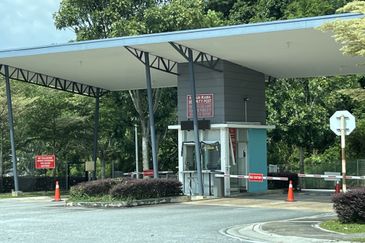
RIMBUN IRAMA @S2 HEIGHTS
Seremban, Negeri Sembilan
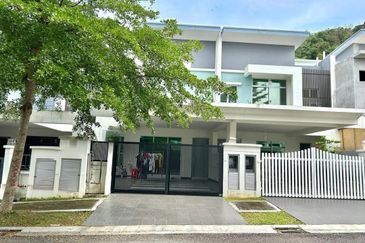
RIMBUN IRAMA @S2 HEIGHTS
Seremban, Negeri Sembilan
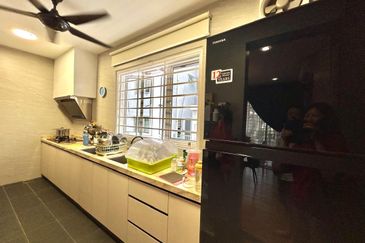
RIMBUN IRAMA @S2 HEIGHTS
Seremban, Negeri Sembilan
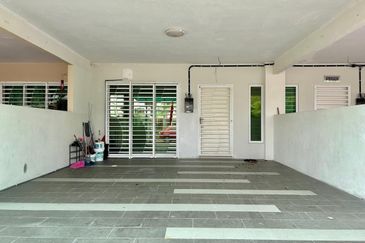
HIJAYU 3A @ BANDAR SRI SENDAYAN
Seremban, Negeri Sembilan

RIMBUN IRAMA @S2 HEIGHTS
Seremban, Negeri Sembilan

RIMBUN IRAMA @S2 HEIGHTS
Seremban, Negeri Sembilan

RIMBUN IRAMA @S2 HEIGHTS
Seremban, Negeri Sembilan

HIJAYU 3A @ BANDAR SRI SENDAYAN
Seremban, Negeri Sembilan


